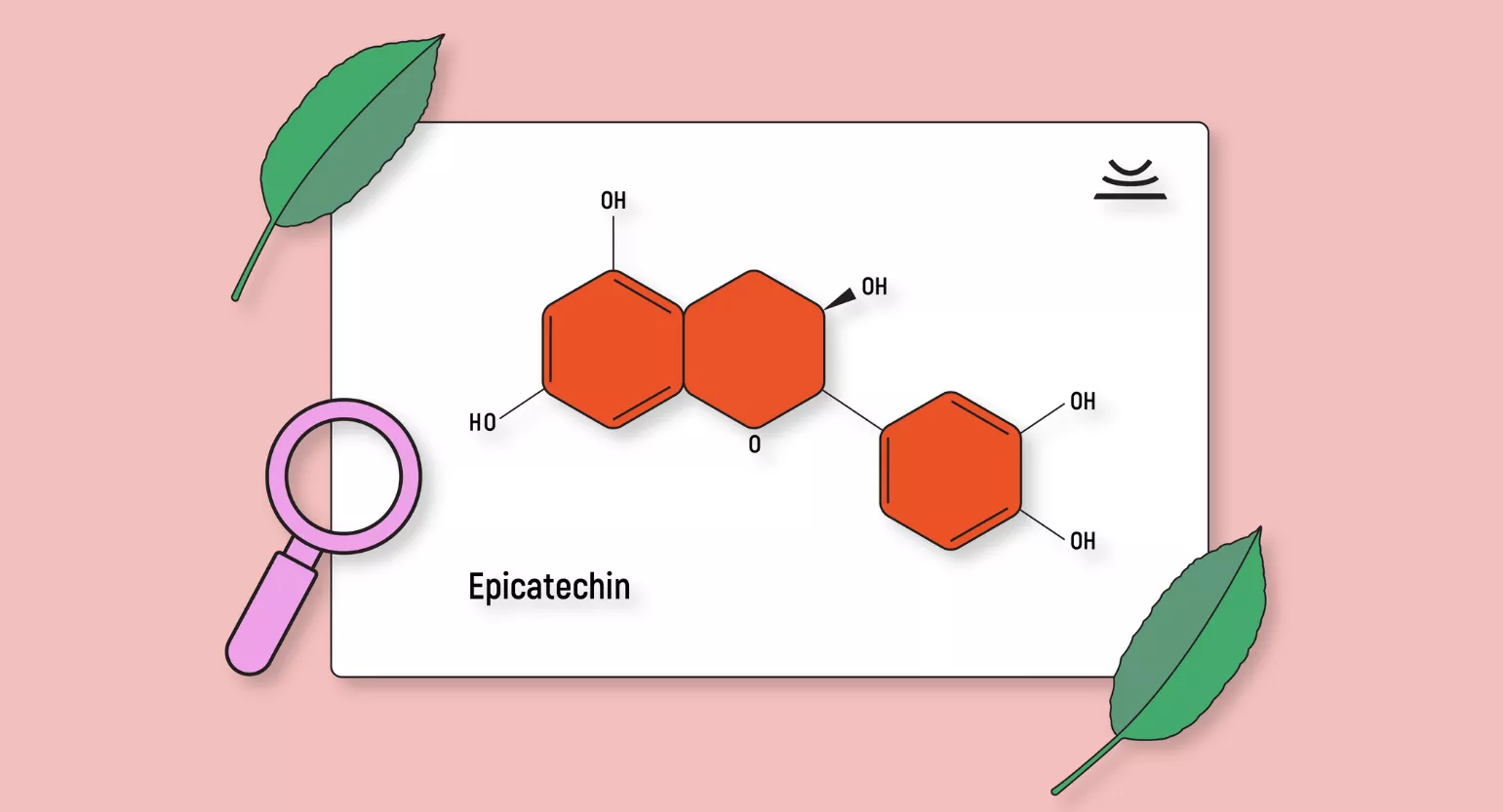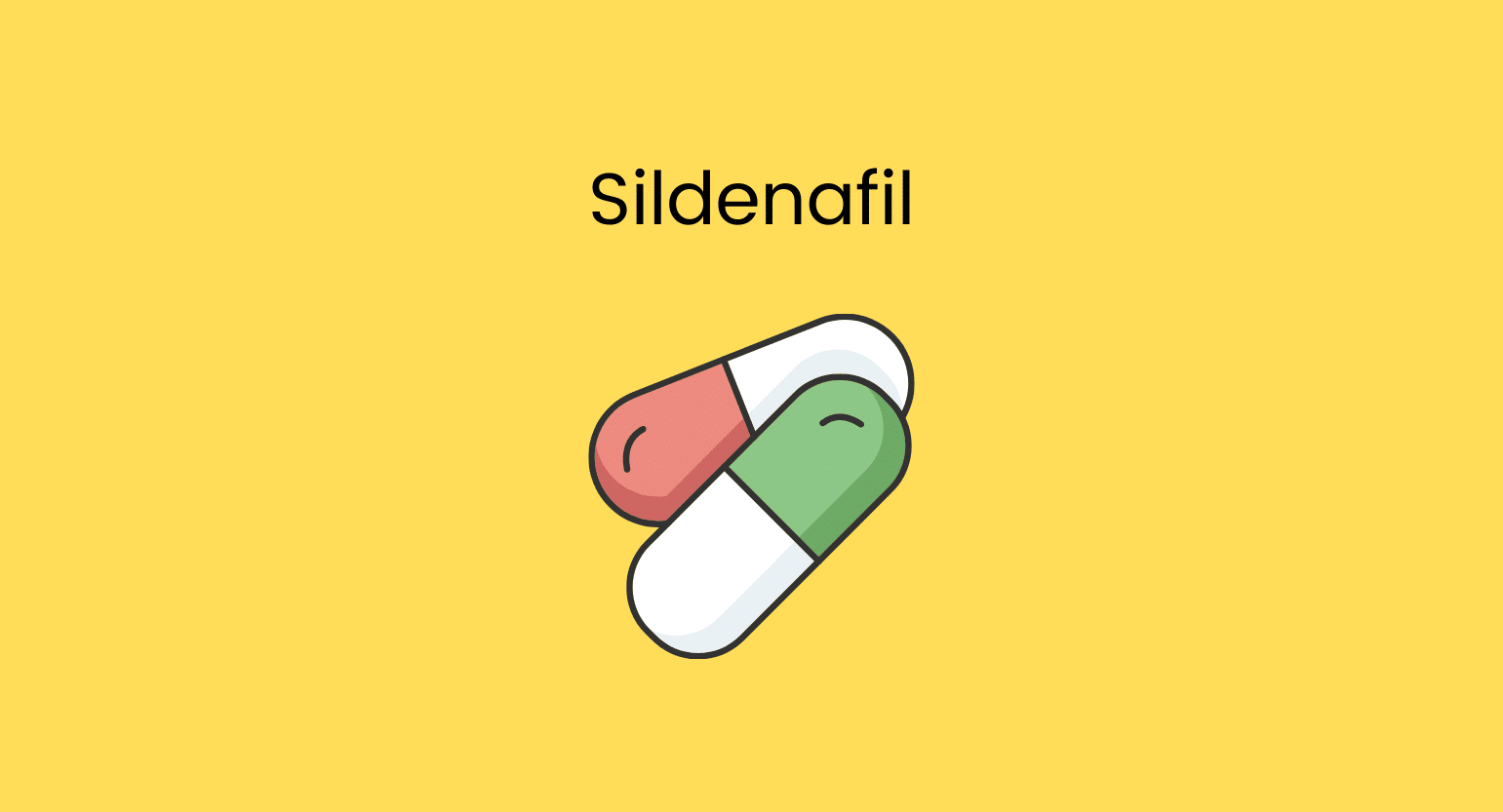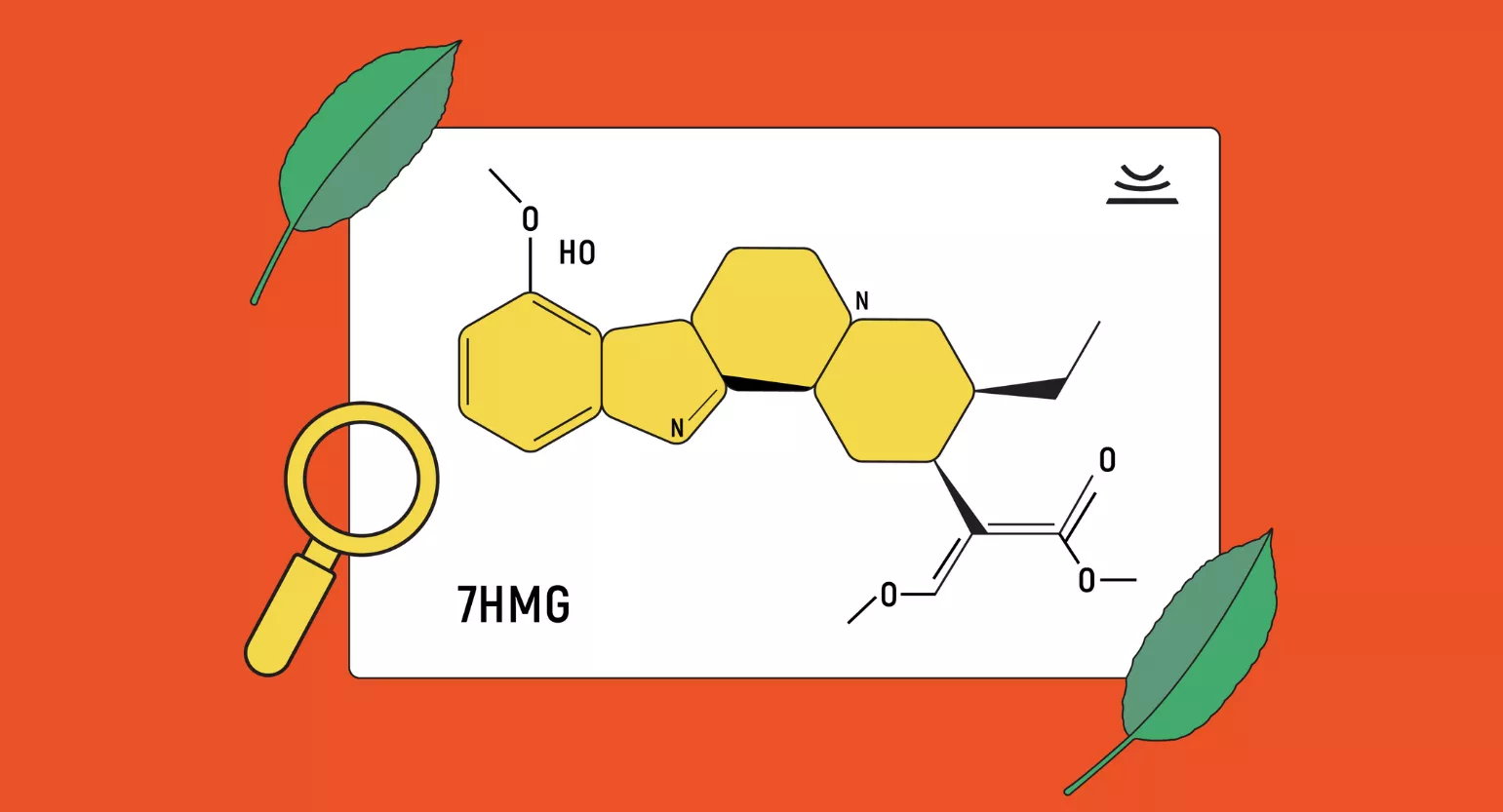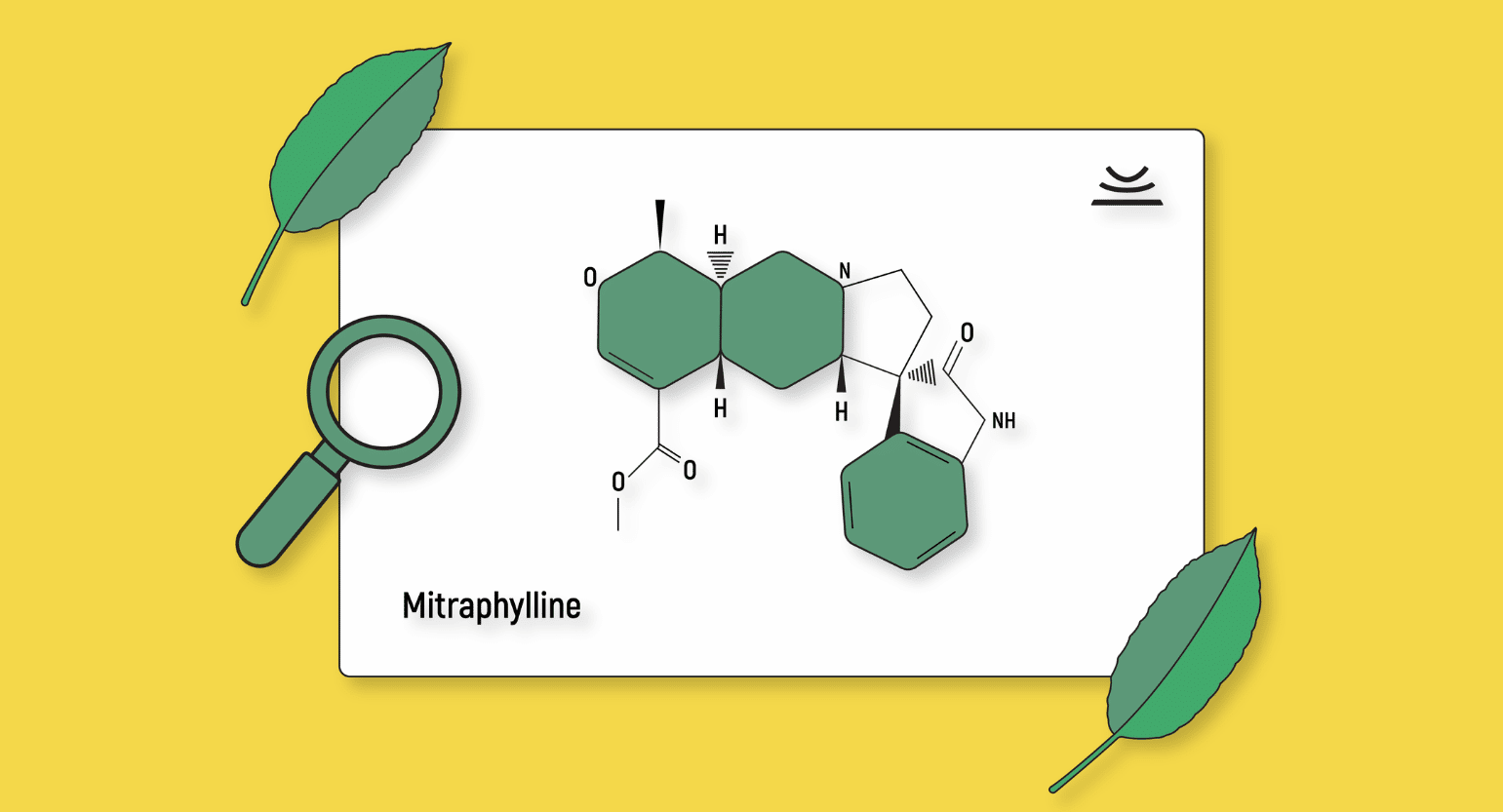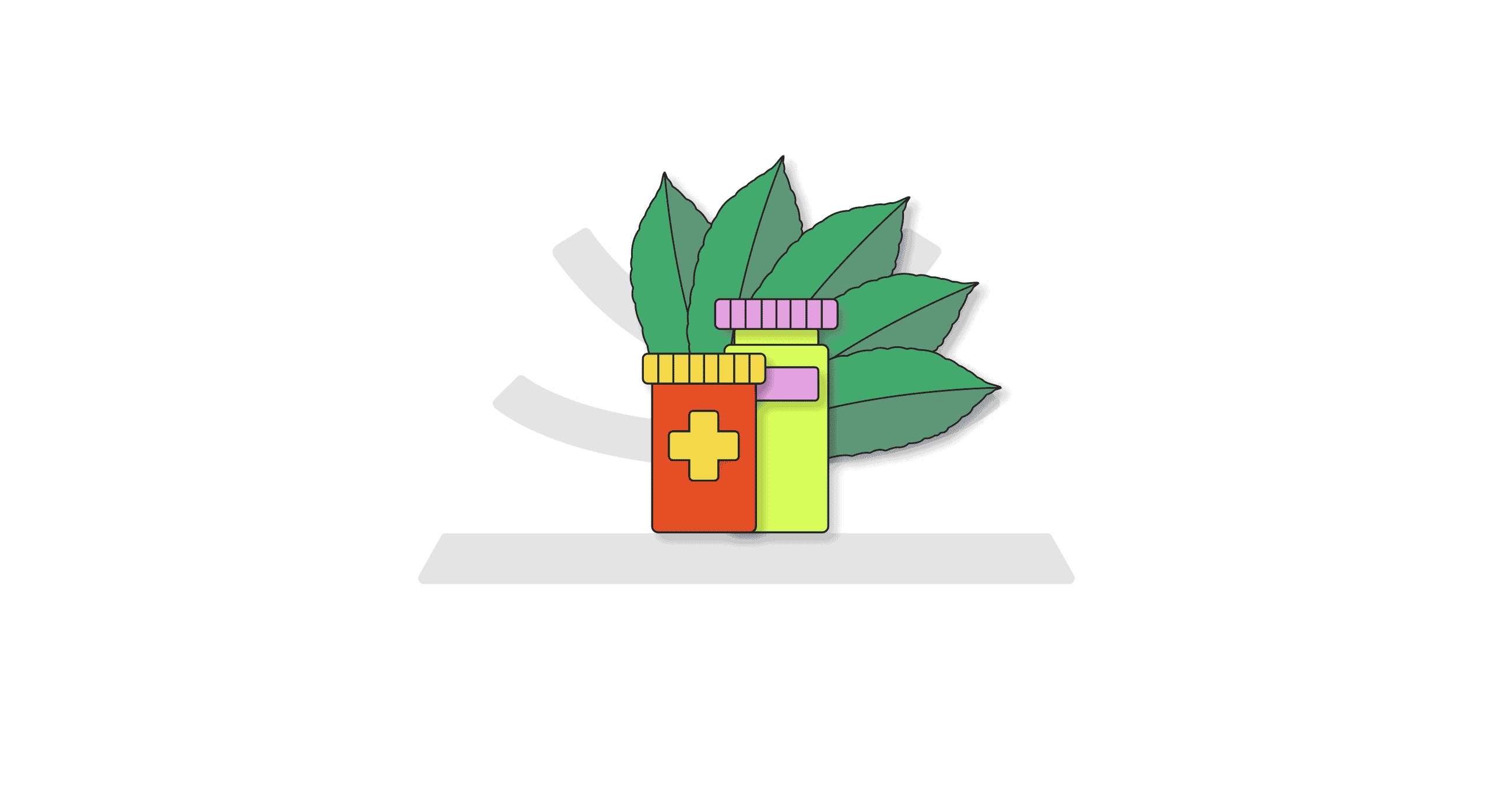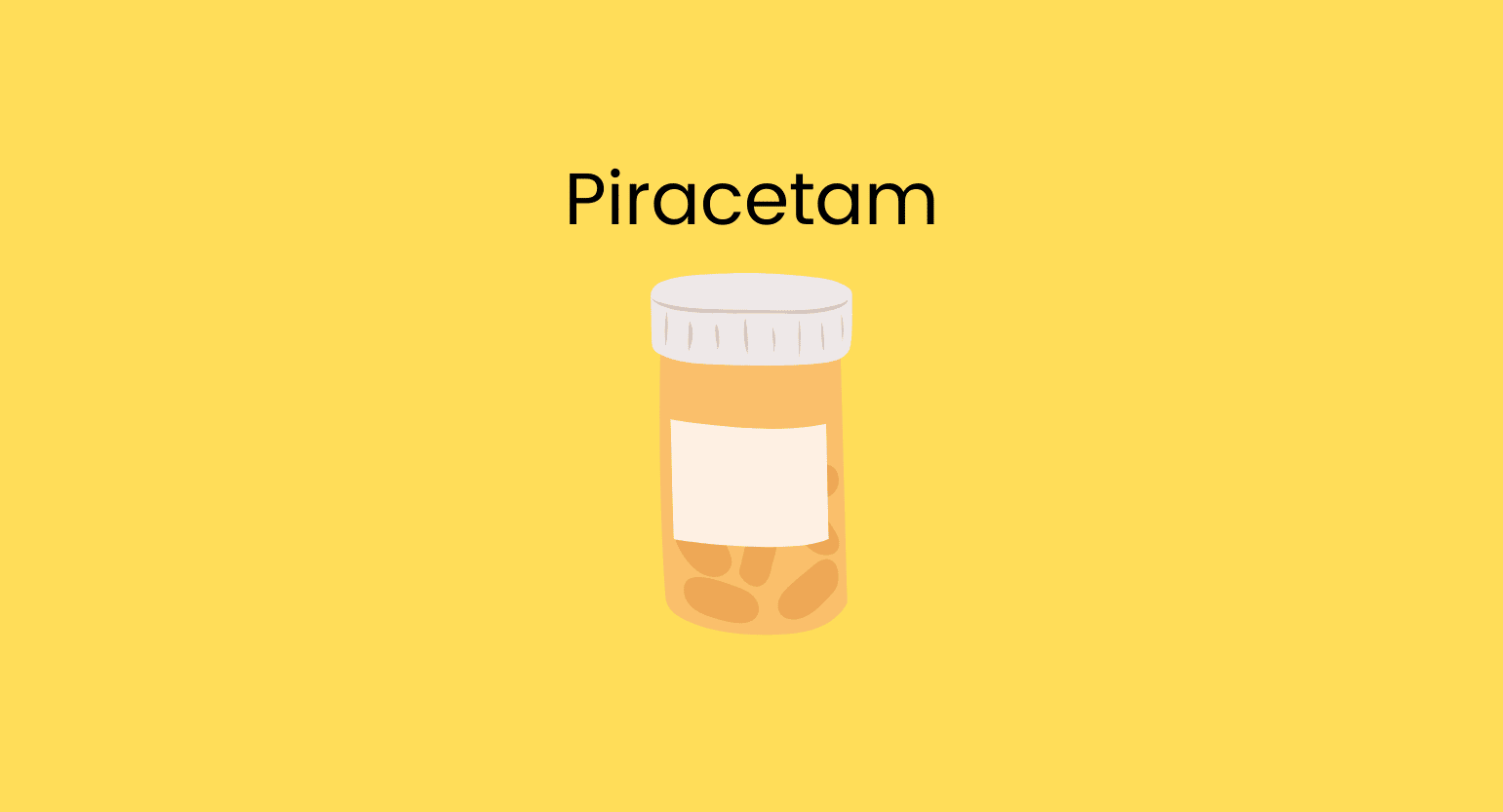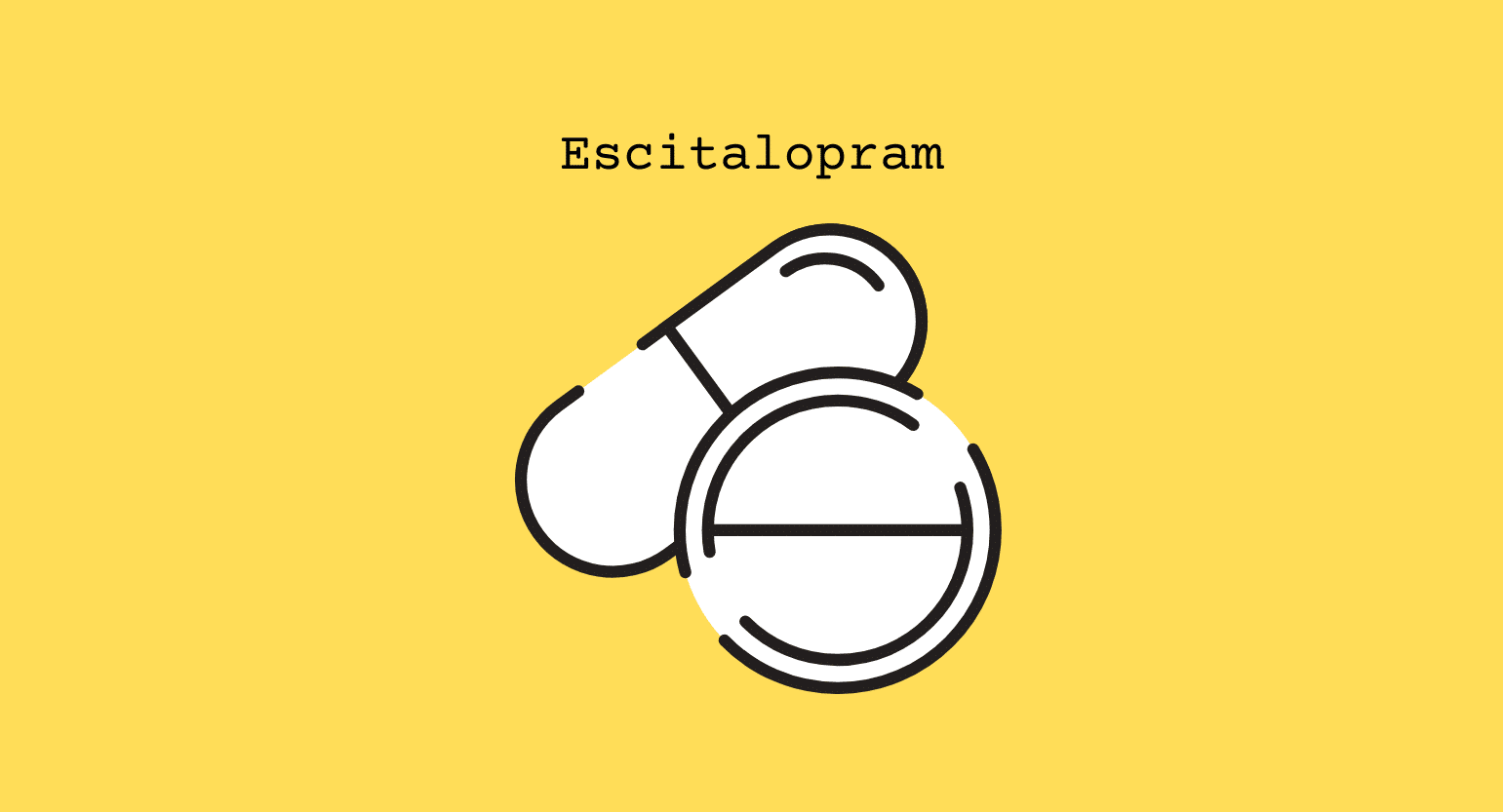What Is Epicatechin?
Epicatechin is a flavonoid, which is naturally found in plants and is believed to be beneficial to humans. Flavonoids often have antioxidative effects and contribute to the protection of neurological pathways [1]. Experts believe that flavonoids can significantly reduce the risk of neurodegenerative diseases, including Alzheimer’s, Parkinson’s, and multiple sclerosis.
Where Does Epicatechin Come From?
Epicatechin is found naturally in many different plants, specifically those with a dark color. This organic compound is produced by the kratom plant, although the specific purpose of epicatechin from a biological standpoint is unclear. Many other plants across different genera and families also contain epicatechin in varying concentrations.
Which Kratom Strains Are Highest in Epicatechin?
At this time, it’s unclear which kratom strains have the highest volumes of epicatechin. However, since the flavonoid appears most readily in dark-colored plant matter, it stands to reason that it is more concentrated in red-vein kratom strains, which have a slightly darker color.
As such, strains like Red Maeng Da, Red Borneo, and Red Indo could provide the most substantial amounts of epicatechin, while white strains could provide much less.
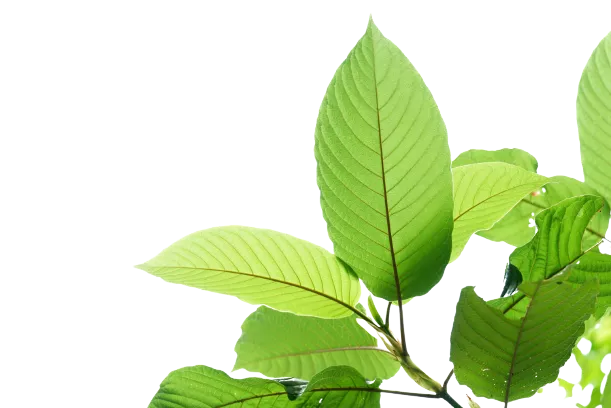
What Does Epicatechin Do & How Does It Work?
Epicatechin shows much promise in terms of medical benefits, so it has been the focal point of countless research studies. We’ll include some information on the top four benefits of epicatechin that clinical studies have substantiated.
Neuroprotectant
First and foremost, flavonoids are known to be neuroprotectants because they act as antioxidants [2]. Specifically, epicatechin is believed to remove free radicals that can cause damage to neurological pathways, and it helps promote the action of superoxide dismutase, which further serves to break down free radicals into safer components.
Since free radicals and oxidative stress contribute to neuronal damage and degradation, antioxidants are essential in mitigating these issues [3]. Antioxidants could help prevent and potentially treat issues like Alzheimer’s, multiple sclerosis, Huntington’s disease, and other neurodegenerative diseases.

Anti-Cancer Compound
Perhaps most importantly, antioxidants and flavonoids are referred to as anti-cancer compounds, as they help prevent the formation and proliferation of cancer cells in the body [4]. Unfortunately, how epicatechin acts as an anti-cancer flavonoid is still unknown, but research does support this claim and suggests that the compound can help prevent metastasis [5].
Muscle Growth
Epicatechin is a popular supplement in the fitness industry because it has been linked to increased muscle growth. In studies conducted on mice, this flavonoid increased exercise capacity and the potential for muscular growth [6]. Research is ongoing to confirm these benefits in human subjects, although preliminary research suggests that this flavonoid benefits muscle growth.
Treatment for Cardiovascular Disease
Finally, epicatechin has shown some promise as an alternative or supplemental treatment for cardiovascular disease. Specifically, epicatechin might inhibit platelet aggregation, which can naturally lower blood pressure and help prevent thrombosis [4]. It can also cause vasodilation, another way to naturally reduce blood pressure and help prevent cardiovascular issues.

What Other Plants Contain Epicatechin?
In kratom and many other plants from different families, epicatechin occurs in small quantities. We’ll list some of the more common natural sources of epicatechin below, most of which are fruits:
- Apples
- Beans
- Blackberries
- Cherries
- Cocoa
- Grapes
- Green tea
- Pears
- Raspberries
Is Epicatechin an Opiate?
No, epicatechin is not an opiate. Epicatechin is a flavonoid that doesn’t interact with opioid receptors in the human body. Some alkaloids in kratom act similarly to opioids, but epicatechin is not an alkaloid, and none of the alkaloids in kratom are considered opiates anyway.
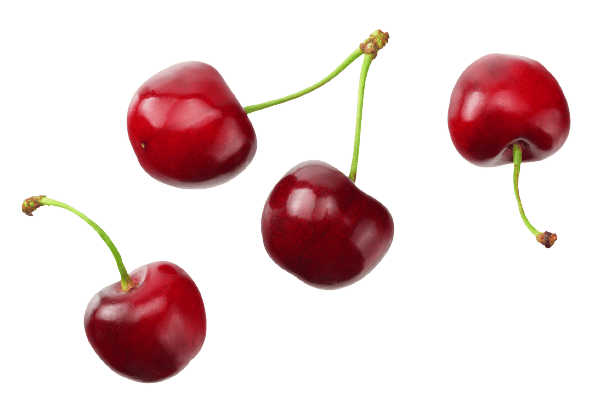
Is Epicatechin Safe?
Yes, epicatechin is safe to consume via natural sources, including the many fruits that contain it. Kratom is also generally considered safe, so getting trace amounts of epicatechin via kratom is also safe.
Side Effects of Epicatechin
There are no known side effects of consuming epicatechin via natural sources. However, individuals who get epicatechin via kratom could experience the below side effects, which are related to the plant as a whole and not the flavonoid:
Addiction is another possible side effect of consuming kratom regularly. Still, most users agree that this can be more or less avoided by limiting your dose and how often you consume kratom.

How Much Epicatechin Should I Take?
If you’re consuming epicatechin as a supplement after it has been isolated from natural sources, then a dose of around 2 mg per pound of body weight is typically recommended.
If you’re taking epicatechin via kratom, then you should stick to the recommended doses listed below that provide your desired effects:
- 1 to 3 grams for a boost in energy and focus
- 3 to 6 grams for pain relief, relaxation, and anxiety relief
- 6 to 8 grams for intense pain relief and as a sleep aid
How Long Do the Effects of Epicatechin Last?
When taken as a supplement, epicatechin’s effects aren’t typically noticeable in the short term — most users report feeling the effects over long periods. As such, it’s unclear how long epicatechin stays in your body and remains active after consumption.
If you take epicatechin via kratom powder, you can expect the effects to last between three and five hours in most cases. Smaller doses could have shorter durations.

Wrapping Up: Why Epicatechin is Such a Popular Compound in Kratom
Epicatechin is an organic flavonoid that appears in kratom and various other plants. It has some promising uses in the medical field, as research shows that it can act as a neuroprotectant, a muscle-growth stimulant, an anti-cancer compound, and treatment or preventative measure for cardiovascular disease.
Epicatechin is also commonly used in bodybuilding and other fitness sports because studies show it can increase muscle mass and promote endurance. With more research, this flavonoid could find its place on home shelves worldwide.
- Cui, X., Lin, Q., & Liang, Y. (2020). Plant-derived antioxidants protect the nervous system from aging by inhibiting oxidative stress. Frontiers in Aging Neuroscience, 12, 209.
- Schwarz, N. A., Blahnik, Z. J., Prahadeeswaran, S., McKinley-Barnard, S. K., Holden, S. L., & Waldhelm, A. (2018). (–)-Epicatechin supplementation inhibits aerobic adaptations to cycling exercise in humans. Frontiers in Nutrition, 5, 132.
- Cui, X., Lin, Q., & Liang, Y. (2020). Plant-derived antioxidants protect the nervous system from aging by inhibiting oxidative stress. Frontiers in Aging Neuroscience, 12, 209.
- Abdulkhaleq, L. A., Assi, M. A., Noor, M. H. M., Abdullah, R., Saad, M. Z., & Taufiq-Yap, Y. H. (2017). Therapeutic uses of epicatechin in diabetes and cancer. Veterinary world, 10(8), 869.
- Shay, J., Elbaz, H. A., Lee, I., Zielske, S. P., Malek, M. H., & Hüttemann, M. (2015). Molecular mechanisms and therapeutic effects of (−)-epicatechin and other polyphenols in cancer, inflammation, diabetes, and neurodegeneration. Oxidative medicine and cellular longevity, 2015.
- Gutierrez-Salmean, G., Ciaraldi, T. P., Nogueira, L., Barboza, J., Taub, P. R., Hogan, M. C., … & Ramirez-Sanchez, I. (2014). Effects of (−)-epicatechin on molecular modulators of skeletal muscle growth and differentiation. The Journal of nutritional biochemistry, 25(1), 91-94.
